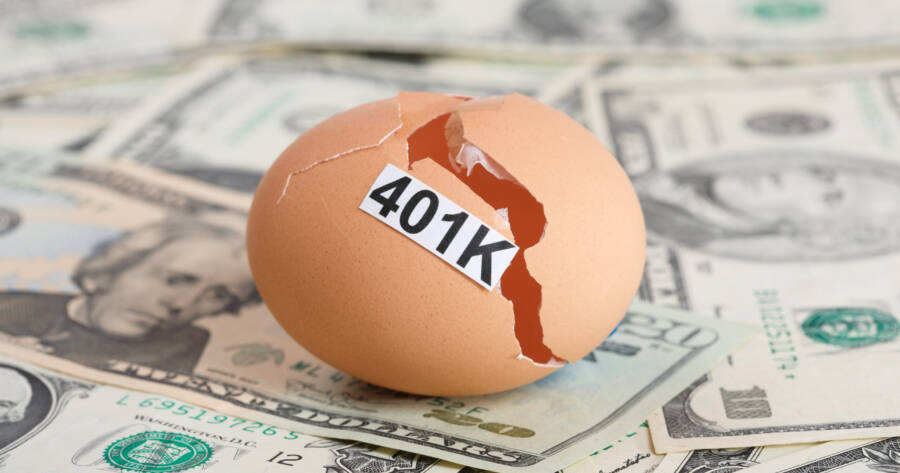Here’s a short pop quiz for you. How much are you paying in fees for your 401(k) account? No cheating. Don’t go look it up. Let’s be honest — you have no idea, do you?
It’s okay. You’re not alone. A 2018 TDAmeritrade survey revealed that only about a quarter of people with employer sponsored 401(k) accounts knew how much they were paying in fees. That’s despite laws which dictate that plan providers must be completely transparent about the fees they charge. The simple truth is that we are lazy or ignorant (or both), and often don’t bother to check these things.
That needs to stop, though. Over a lifetime of stashing away money for retirement, those fees really add up. By the time you leave the workforce, you may have paid tens of thousands of dollars in 401(k) management fees. It clearly makes sense to spend the time to see if you can lower that in any way.
Gather Information…
Start by finding out exactly what you pay per year in fees. Then compare that to other providers you could potentially use. You may find that it’s cheaper to go with an personal IRA plan.
In this excellent Lifehacker article about 401(k) fees, certified financial planner Alex Wilson breaks it down:
“In addition to plan management fees, you should check the fees of the investments themselves,” Wilson says. Lifehacker goes on to point out some plans have extra fees, above and beyond the typical ones.
These fees, often called expense ratios, are the ongoing costs of owning an investment. The expense ratio is a percentage of how much you have invested. For example, if you have $1,000 in a fund with a .25% expense ratio, you will pay $2.50 in expenses per year.
Wilson says to closely evaluate actively managed funds—which have a fund manager or team of managers trying to beat the stock market—with an expense ratio above .5%, though she adds that an expense ratio up to 1% might be ok if a fund has performed especially well. For passive funds—which track a market index, like the S&P 500—the expense ratios should be under .2%.
You should be able to find your 401(k) fees on your statements or by logging into your providers online portal. If you don’t have any luck with that, you can try some of these other options. There’s the Financial Industry Regulatory Authority’s Fund Analyzer tool. You can also check out some of these fee analyzer websites — just beware that they might try to subtly steer you into using their own financial services.
…Then Take Action
If you are locked into whatever 401(k) plan your employer offers, you might not have many options. Especially if your company matches some or all of your own contributions. However, if you’re really feeling motivated to save money, you could speak to whichever co-worker is the plan administrator. You could present them with the option of switching financial companies to save on fees. Not only would you keep more of your retirement fund, but so would all your co-workers. You’d be the office hero!
Here’s one last pro tip: If you think your 401(k) fees are too high, but your company offers some type of matching, you should continue making contributions. You never want to turn down that free matching money. However, you might want to only contribute enough to receive the maximum match. Beyond that, start a personal IRA or Roth IRA with lower fees. There’s nothing wrong with building more than one retirement nest egg.
